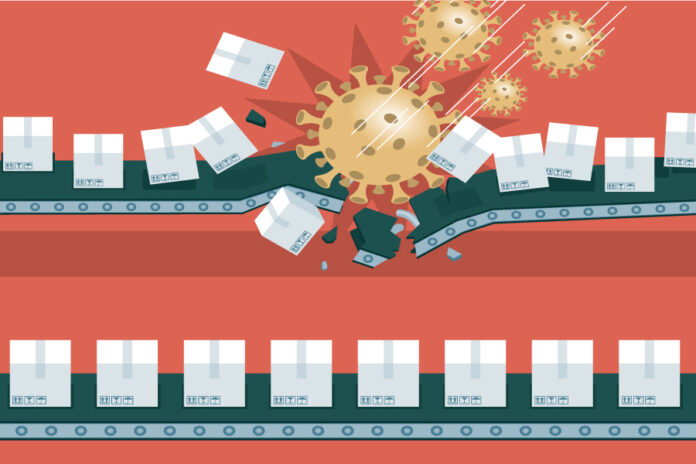According to the data of the UN Conference on Trade and Development, the value of year-on-year global merchandise trade affected by the covid-19 pandemic is estimated to have declined by 18% in the second quarter of 2020. For international trade merchants, the performance of international trade contracts has encountered unprecedented obstacles caused by the suspension of production and traffic control. How to protect the legitimate rights and interests of sellers and buyers under the framework of the UN Convention on Contracts for the International Sale of Goods (CISG) has become a common concern for both sides.
Legal analysis
The basic principle of the CISG is party autonomy, hence the parties’ special agreement on obstacles to the performance of contracts caused by the covid-19 pandemic shall be respected. In the absence of such a special agreement, the parties may invoke article 79 of the CISG to seek an exemption. Article 79 of the CISG creates the concept of an “impediment”, but it also brings difficulties in understanding and application, which will be explained below.
Four requirements for applying article 79 of the CISG
Pacta sunt servanda (agreements must be kept) shall always be honoured in the performance of contracts. If the parties want to exempt themselves from the liability of non-performance of the contract by invoking article 79 of the CISG, they must prove that the obstacles to performance meet the following four requirements, and thus constitute an “impediment”: (1) beyond control of the party; (2) unable to be foreseen; (3) unable to be avoided or overcome; and (4) there is a causal relationship between the impediment and the party’s non-performance.
To better understand the meaning of the impediment “beyond control of the party”, it is useful to investigate the meaning of the impediment within control of the party. Some scholars believed that the obstacles “within” control of the party shall be connected with an orderly organisation of his/her manufacturing or procurement process, as are the personnel’s qualifications, the technical equipment, and the disposition of the required financial means.
You must be a
subscribersubscribersubscribersubscriber
to read this content, please
subscribesubscribesubscribesubscribe
today.
For group subscribers, please click here to access.
Interested in group subscription? Please contact us.






















